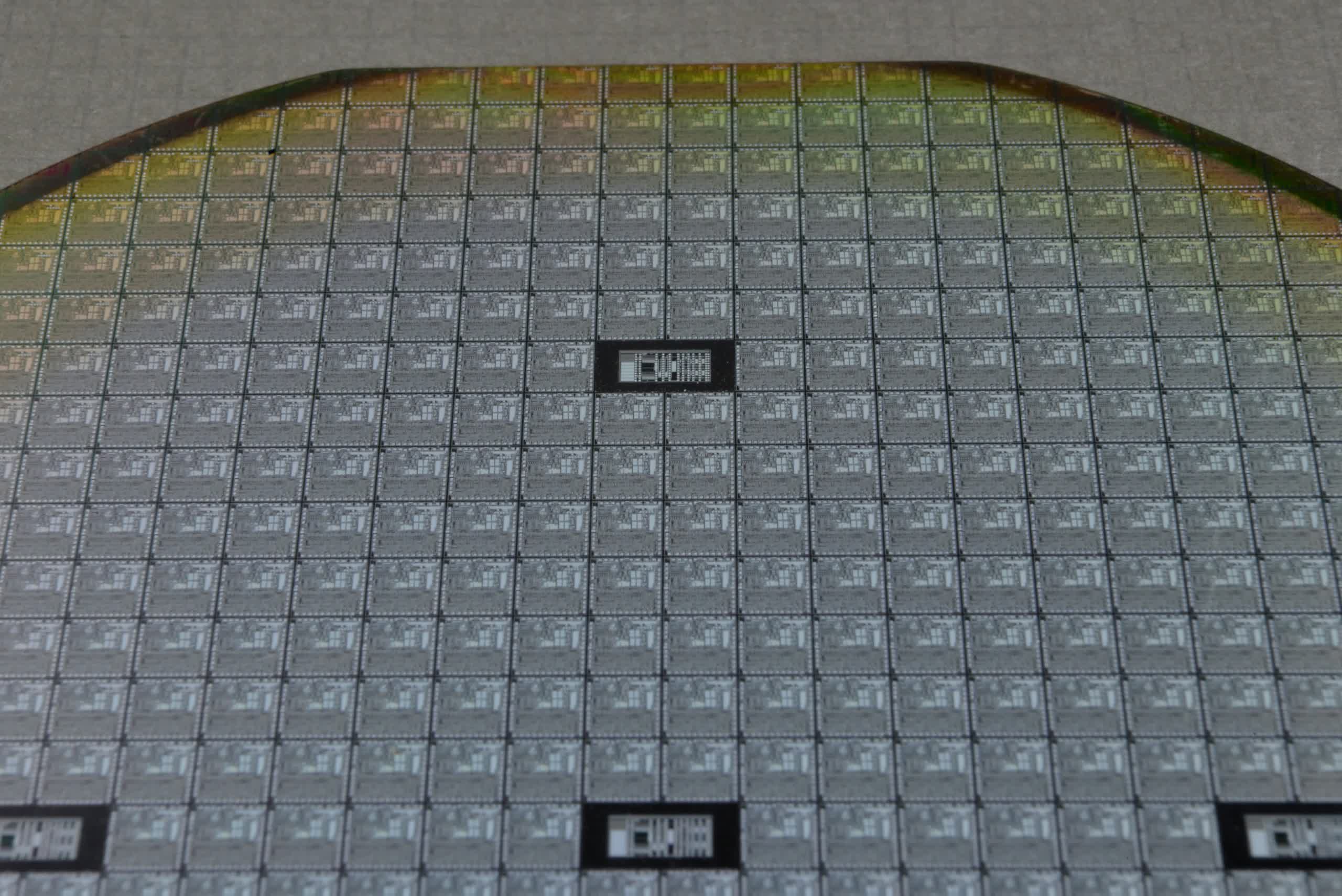What just happened? China has retaliated against US proposals to tighten export restrictions on AI chips by announcing new controls on the export of gallium and germanium, two metals that are vital parts of the semiconductor, telecommunications, and electric vehicle industries.
As reported by Bloomberg, China's Ministry of Commerce said in a statement yesterday (Monday) that as of August 1, the exporters of gallium and germanium, as well as their chemical compounds, would need to apply for licenses from the commerce ministry if they want to start or continue shipping them out of the country. They must also report details of the overseas buyers and what the materials will be used for.
The Ministry of Commerce claims that the move is to "safeguard national security and interests."
China is the world's largest producer of gallium and germanium, producing around 94% of the world's supply of the former metal and 83% of the latter, thanks to the country's cheaper production costs. While they aren't rare or hard to find, China sells them cheaply and they can be expensive to mine.
Both metals are used in a wide range of products. Germanium is found in fiber-optic communications, night-vision goggles, space exploration satellites, solar panels, LCD monitor backlighting, and many other items.
Gallium is an important part of the semiconductor industry and is used in wireless communications, phones, LEDs, and more.
"It will be disruptive - germanium and gallium are absolutely critical to high-tech industries," said Anthony Lipmann, a director of London metals trader Lipmann Walton & Co.
China's move does have the potential to backfire if the prices of gallium and germanium rise enough to make it economically viable for other countries to start mining and selling the metals. If that happens, it could impact China's dominance.
"When they stop suppressing the price, it suddenly becomes more viable to extract these metals in the West, then China again has an own-goal," said Christopher Ecclestone, principle at Hallgarten & Co. "For a short while they get a higher price, but then China's market dominance gets lost - the same thing has happened before in other things like antimony, tungsten, and rare earths."
China's move is likely a tit-for-tat response to the US government's sanctions against the country. It was reported last week that the Biden administration could further tighten export controls on AI chips to China, something that Nvidia has warned risks permanent US industry losses. The Dutch government is also restricting sales of ASML's advanced chip-making tools to China at the US' request.

